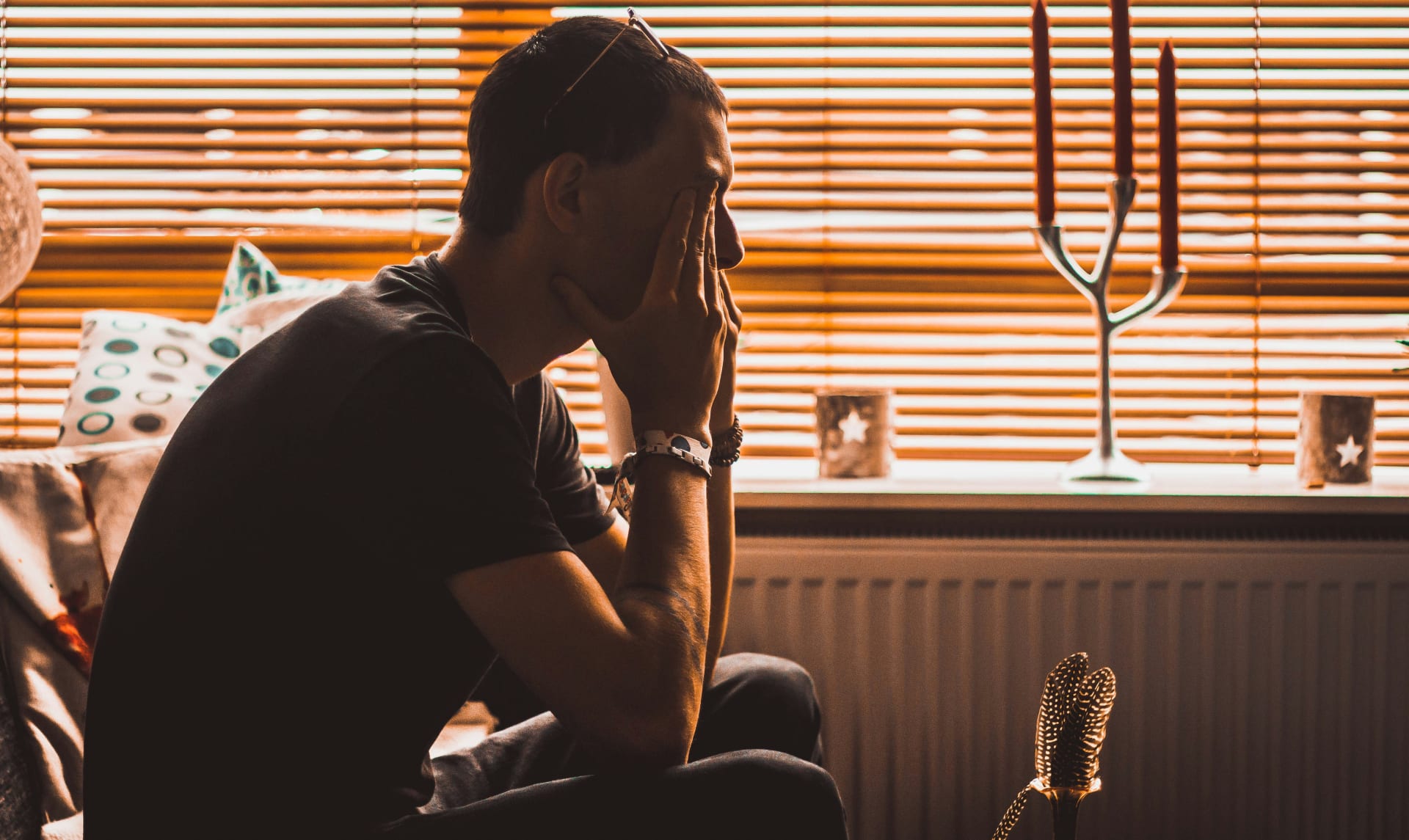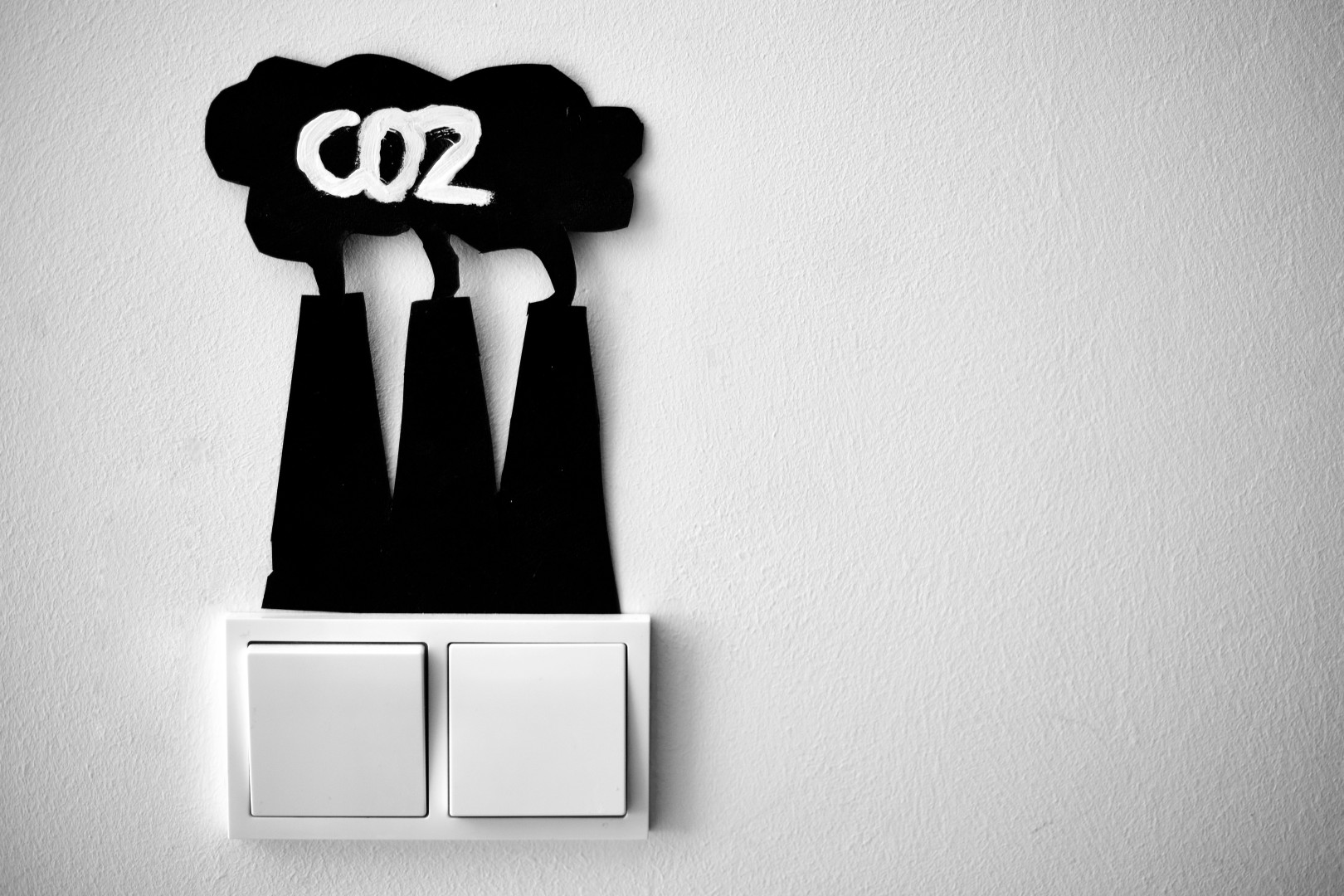Medical professionals in the UK are only human. Occasionally, they err – and in a minority of these cases, the consequences of the error can be extremely serious and irreversible.
There are few starker examples of this than a misdiagnosis that leads to a patient becoming blind. If you’re the patient in this situation, it might be difficult to cope. Let’s look at some practical steps you might take to adjust to the change in circumstances, and to take the legal action necessary to get justice for yourself.
Acknowledge Your Emotional and Physical Needs
Adjusting to life as a blind person can be extremely difficult, especially if the change is sudden and unexpected. You might need assistance with tasks that you previously took for granted. You can make life easier with the right assistants, and assistive technologies. It’s also important to seek out emotional support, either from professional counsellors, or from groups of people who’ve found themselves in the same situation.
Access the Right Medical and Rehabilitation Support
You’ll also need the right specialised care. This might come from a doctor specialising in low vision, or an occupational therapist. In many cases, specialist clinics are to be found within NHS hospitals. Ask whether there is an Eye Clinic Liaison Officer (ECLO) there for you to talk to. Support might also come from charities, like the Royal National Institute of Blind People.
Understand Your Legal Rights
When you undergo medical treatment in the UK, you’re entitled to a certain standard of care. When medical professionals fall below that standard, and patients are harmed as a result, then medical negligence might have occurred. To make a claim, and extract the compensation to which you’re entitled, you’ll need to recruit a specialist medical negligence solicitor. These professionals will guide you through the process, and enlist the expert witnesses necessary to make your claim successful.
Financial Support and Compensation
Dealing with your new circumstances can be expensive, as well as difficult. You might need to cover the cost of your care and rehabilitation – and your earning potential might be severely disrupted. This is one of the things that legal representation can help with. You’ll not only be awarded damages to offset the pain and suffering you’ve endured – the money is also there to cover your costs.
Rebuilding Independence
Ideally, you’ll be as independent and self-sufficient as possible as a blind person. This might mean modifying your home, training yourself to live without sight, and investing in a few assistive devices. The aforementioned charities, like the RNIB, can help you to make these adaptations.
Coping with blindness means dealing with emotional and practical challenges. To do this successfully, you’ll often need the right support and resources – which can take many forms. Make sure that you seek out medical help, as well as legal help, and support from friends and family.








